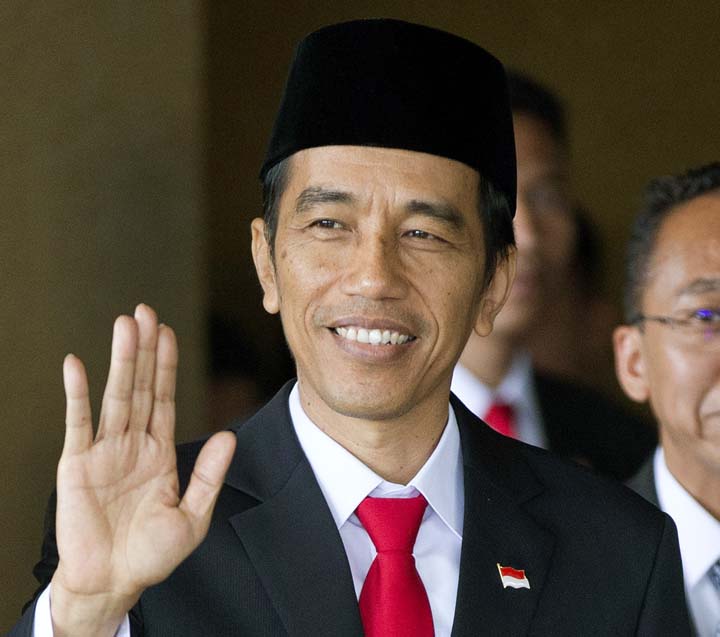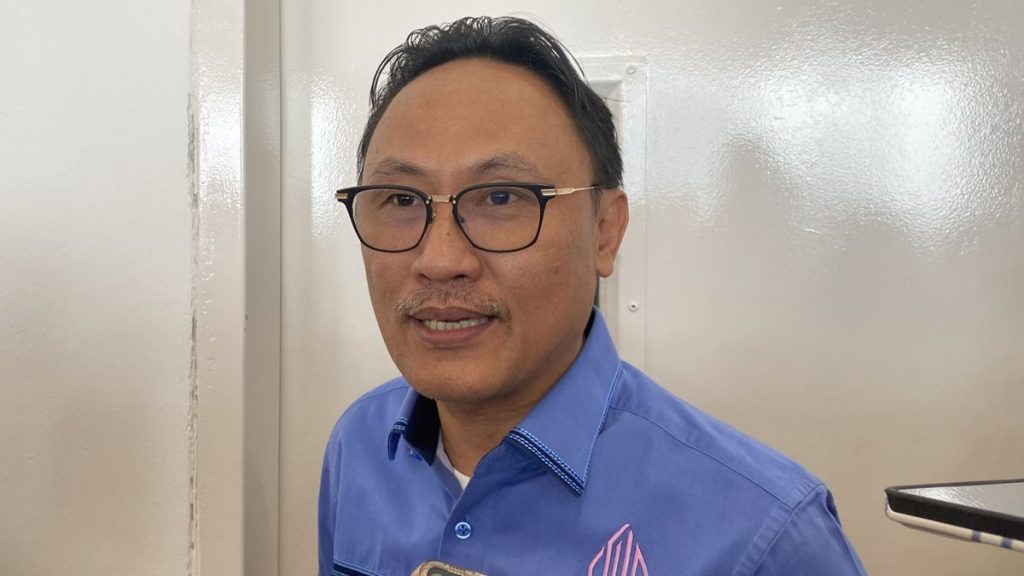EKONID News

President Joko Widodo has signed the government regulation for implementing Indonesia’s 2014 Halal product assurance law. This regulation is the first of several implementing regulations related to the law, all of which are slated for issuance in the coming months.
The business community continues to watch carefully as the Government of Indonesia moves on to implement its 2014 Halal product assurance law, which makes it mandatory for all products that fall under the categories listed within the law to comply with the Islamic Halal standard. The law is set to take legal effect on October 2019.
The categories listed in the law are food, beverages, drugs, cosmetic, chemicals and biological or genetically engineered products, along with other consumer goods that are worn or used by the public. Companies who wish to sell products that fall under any of these categories in Indonesia must thus ensure that their production process or processes are in line with Indonesia’s Halal standards.
President Joko Widodo signed the government regulation, which acts as an implementing regulation for the Halal law, on April 2019. The regulation is currently being promulgated by several key stakeholders, including the Indonesian Ministry of Religious Affairs as well as the Indonesian Chamber of Commerce (Kadin), to the business community as well as to the general public.
Through their efforts, German Indonesian Chamber of Commerce & Industry (EKONID) has learned that the October deadline mainly applies to food and beverage products, while drugs, cosmetics, chemical and biological or genetically engineered products will have until 2022 to comply with Indonesia’s Halal standard. Meanwhile, all products that are being sold or will be sold in Indonesia prior to those deadlines should seek Halal labelling via the existing process as administered by the Indonesian Ulema Council’s Assessment Institute for Foods, Drugs and Costmetics (Lembaga Pengkajian Pangan, Obat-obatan dan Kosmetika Majelis Ulama Indonesia, or LPPOM-MUI).
The responsibility of the LPPOM-MUI will eventually shift to the Halal Assurance Organizing Agency (Badan Penyelenggara Jaminan Produk Halal or BPJPH), the physical and logistical infrastructure of which is still being worked on by the Indonesian government. The BPJPH is currently recruiting Halal auditors and is expecting to have up to 720 halal auditors as well as 240 Halal Auditing Agencies (Lembaga Pemeriksa Halal, or LPH) by the end of this year, the efforts of which are being coordinated by the Ministry of Religious Affairs. Additionally, the Ministry expects the halal certification process to cost small-and-medium-sized companies between 1 and 1.5 million rupiah (US$70-107). Further details are scarce.
The halal industry is one of the world’s fastest growing industries. According to Kadin, trade in the global halal industry was worth $2.8 trillion in 2018, led by the food and beverage sector with $1.4 trillion, followed by $506 billion by drugs and pharmaceutical products, and then $230 billion in cosmetics. Other products make up $600 billion of this estimation. Dinarstandard, a Dubai based think-tank, estimates that the halal industry would be worth $3 trillion by 2023.
The certification process itself can potentially generate billions in revenues for the Indonesian government, up to $1.6 billion annually according to Ministry. Last year, 17,398 halal certificates were issued, double the number from the previous year. Meanwhile, Bank Indonesia (BI) predicts that Indonesia’s Shariah economy will expand to $427 billion by 2022, with halal food accounting for more than half of the valuation.
With a population of 265 million people, 90% of which are Muslims, Indonesia is the world’s largest halal market and has the potential to become a key player in the halal industry. Domestic players have yet to seize this opportunity in any significant manner, though a number of local companies, such as halal cosmetic producer Wardah – which reported a 30% growth last year alone – is leading the pack in turning this trend around. Even Japanese Electronic maker Sharp is jumping on the halal bandwagon with its line of Halal refrigerators.
Companies who wish to enter the Indonesian, and indeed to some extent the global, halal market, would be wise to pay close attention to future updates regarding the halal law. While it is doubtful, due to the perceived shortage of halal auditors, that Indonesia would be able to fully implement its mandatory halal labeling in the near future, the industry carries massive potential as it falls in line with the country’s increasing economic strength.



